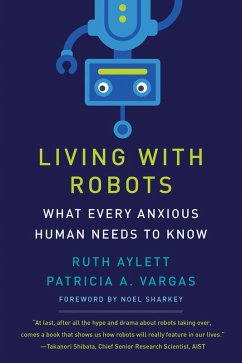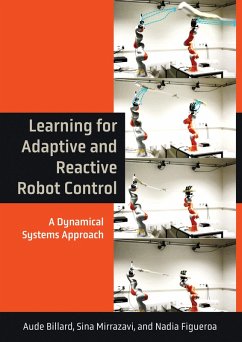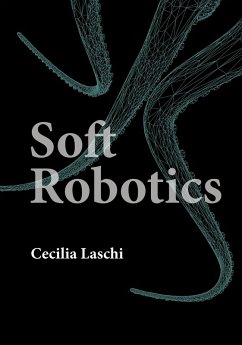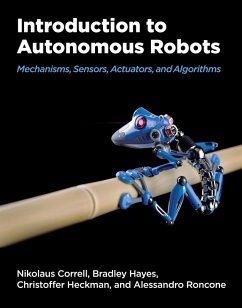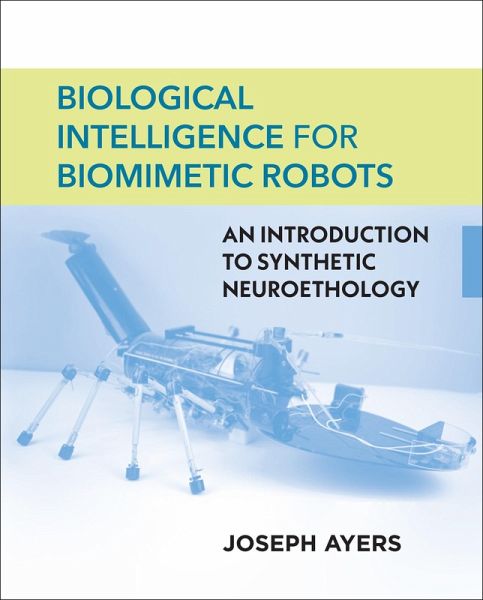
Biological Intelligence for Biomimetic Robots (eBook, ePUB)
An Introduction to Synthetic Neuroethology
Versandkostenfrei!
Sofort per Download lieferbar
41,95 €
inkl. MwSt.
Weitere Ausgaben:

PAYBACK Punkte
21 °P sammeln!
An introduction to how neuroethology can inform the development of robots controlled by synaptic networks instead of algorithms, from a pioneer in biorobotics. The trait most fundamental to the evolution of animals is the capability to adapt to novel circumstances in unpredictable environments. Recent advances in biomimetics have made it feasible to construct robots modeled on such unsupervised autonomous behavior, and animal models provide a library of existence proofs. Filling an important gap in the field, this introductory textbook illuminates how neurobiological principles can inform the ...
An introduction to how neuroethology can inform the development of robots controlled by synaptic networks instead of algorithms, from a pioneer in biorobotics. The trait most fundamental to the evolution of animals is the capability to adapt to novel circumstances in unpredictable environments. Recent advances in biomimetics have made it feasible to construct robots modeled on such unsupervised autonomous behavior, and animal models provide a library of existence proofs. Filling an important gap in the field, this introductory textbook illuminates how neurobiological principles can inform the development of robots that are controlled by synaptic networks, as opposed to algorithms. Joseph Ayers provides a comprehensive overview of the sensory and motor systems of a variety of model biological systems and shows how their behaviors may be implemented in artificial systems, such as biomimetic robots.
- Introduces the concept of biological intelligence as applied to robots, building a strategy for autonomy based on the neuroethology of simple animal models
- Provides a mechanistic physiological framework for the control of innate behavior
- Illustrates how biomimetic vehicles can be operated in the field persistently and adaptively
- Developed by a pioneer in biorobotics with decades of teaching experience
- Proven in the classroom
- Suitable for professionals and researchers as well as undergraduate and graduate students in cognitive science and computer science
Dieser Download kann aus rechtlichen Gründen nur mit Rechnungsadresse in A, B, BG, CY, CZ, D, DK, EW, E, FIN, F, GR, HR, H, IRL, I, LT, L, LR, M, NL, PL, P, R, S, SLO, SK ausgeliefert werden.





